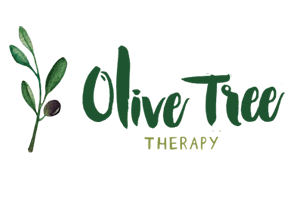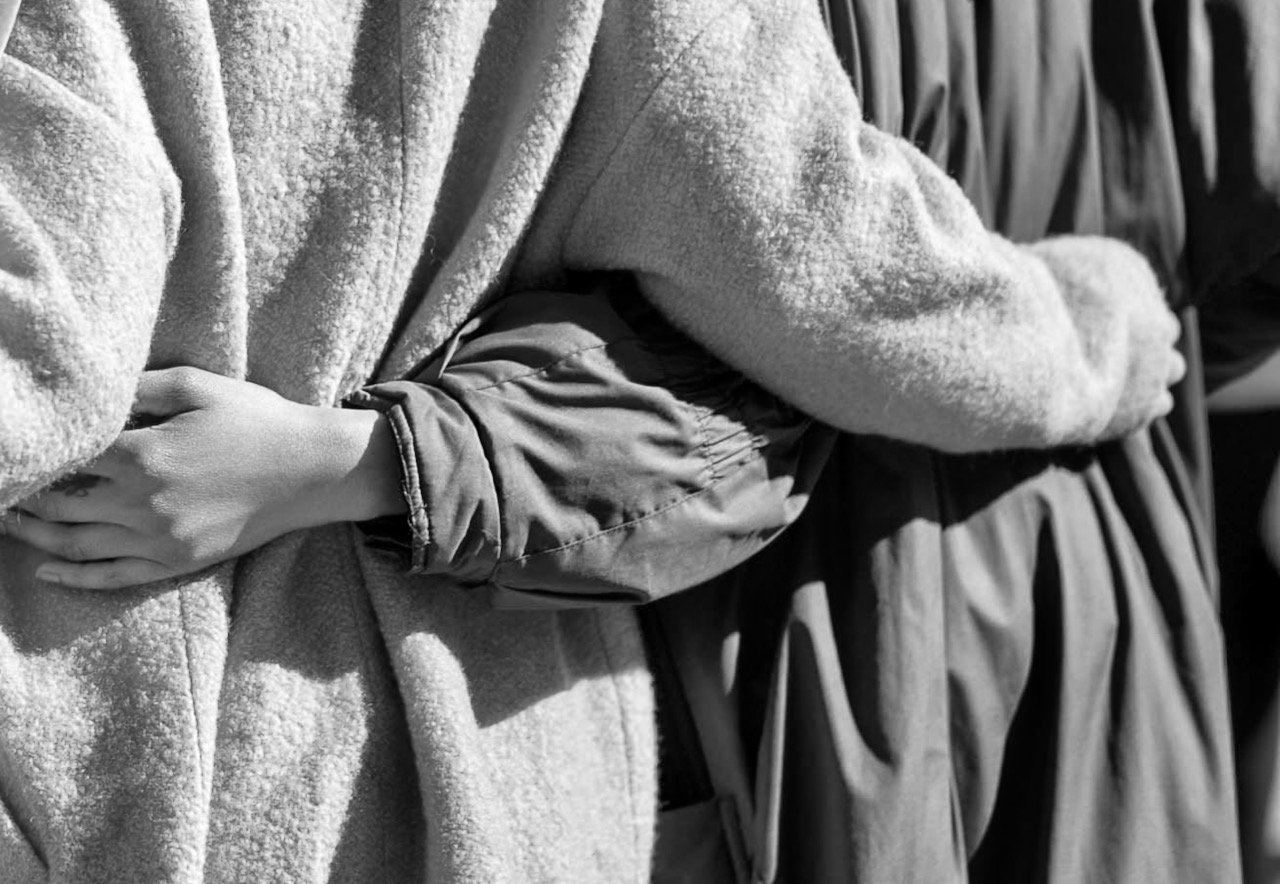A Window into the Unseen
A family seeking asylum and living with disability
Alina is a happy six year old child with a winsome preference to sing rather than talk. She especially loves nursery rhymes. While she doesn’t quite dance, her whole body moves when she’s happy. She meets new people without a hint of shyness, whatever their age. She loves nothing more than water-play and can use a bubble wand all by herself.
Alina was born against the odds, and developed against the odds. Her family’s story, recounted by her mum, gives us a rare glimpse into the life of a family experiencing disability, and one without a permanent home. Alina’s family is in limbo about their future; they’ve had temporary visas for longer than she’s been alive. The much needed therapy and education she receives now were hard fought for by her mother and continue to be.
Shana, Alina’s mother gives ‘resilient’ a whole new meaning. An all too common experience for women in the majority world, Shana was living across an ocean when her marriage was arranged with a man living in Australia whom she’d met only once before. They married in their birth country and Shana spent the first year living with his parents while he returned to Australia. Shana's mother in law wielded power over her as she did in her other world, politics. It was a very tough year.
When Shana finally arrived in Sydney nothing was as expected. Rather than starting a happy married life and advancing her career and opportunities, on day two she was working in a food court, collecting rubbish and wiping tables. She felt ashamed. Such a job was disparaged in her culture, she’d never imagined it for her life. She felt deceived. As well as getting to know one another and working long hard days to stay afloat, Shana and her husband had no certainty of their future in Australia, their visas were and remain, temporary. They fought constantly.
Just one month after arriving, Shana fell pregnant. Pressured to abort her first child she held fast to her decision to keep this baby, even with the pressures they already faced. Shana held down her cleaning job until her supervisor realised she was six months pregnant and fired her. Shana stayed home until the birth and discovered she had gestational diabetes. Feeling utterly alone at home and wanting to improve her health, she ventured out for walks to the local park hoping to meet people and make friends, but it didn’t work. Things were so different in Australia, how did one make friends?
Shana gave birth to a little girl, Alina, and after five months had to place her in family daycare so she could return to earning a wage. She also started studying to gain a new visa. Shana's days were long. She commuted all over Sydney by train. From daycare in the West to working as a kitchen hand in the north, back to the city for English classes and then back to daycare to pick up Alina. They would arrive home by 9pm. Needless to say, in this state of survival, Shana didn’t realise Alina had developmental difficulties.
When Alina was 17 months old the family were finally able to return to their home country to visit their families. Both sides voiced their concerns about Alina, questioning why she wasn’t yet saying ‘mum’ or ‘dad’ or even responding to her name. While Shana’s family were concerned about Alina’s health, her paternal grandparents focussed on the financial burden they foresaw. They decided that Shana and her husband should leave Alina with them while returning to Australia to work as much as possible. They wanted to buy property and needed their incomes. Shana’s husband agreed with his parents while she was distraught. She retells, “I didn't want to leave my daughter with them because I knew I’d had a very bad experience with my in-laws.” Alina was still very young at the time and there would be no one to support her as she needed. Her mother in law worked and her father in law was elderly.
The month Shana spent away was filled with tears and pleading that Alina might come back to Australia, to the point where her husband said he didn’t recognise her anymore. Finally the penny dropped for him, and his parents, that Alina’s support needs were too great for them to meet. By the time they relented Shana only had three days left in her home country. With tears breaking through she tells me, she’d only spent a single day with her own family. She’d longed so much to see them since moving to Australia.
When they returned to Sydney, Alina was finally assessed by a paediatrician. It was suspected that Alina had autism spectrum disorder and a global developmental delay, she was too young to formally diagnose though. The appointment was the first time Shana had heard any of these terms. She tells me as her tears return, “I came back home and just searched for ‘what is autism.’ I read everything and I learnt that kids with autism do not achieve like normal kids. For two or three days after this I stopped cooking or going outside.” In grief and denial she thought, “no no, my kid's not going to be like this. I can cure my daughter. I thought it's better if I quit my job. I don't want to do anything else, I just want to focus on my daughter.” After the first therapy session Shana thought she was more than capable of helping Alina develop. But after a few months of trying she felt she’d failed and that “nothing worked.” She frantically returned to the internet, searching for how to help her precious child play, talk and do everyday things.
Shana’s husband began wondering if the approach to Alina’s needs in Australia may not be the best. So just six months after the last trip, they returned to their home country and sought out local advice. They paid for a private doctor, and he confirmed the diagnosis of autism and that there was no medication or cure. He talked about the need for a supportive context where Alina could grow her social skills and advised them to enrol Alina in a local childcare centre, which they put into action. After trialling one centre they were told that Alina’s needs could not be met there, she needed a special school. Special schools in the majority world are often many steps behind what we know in urban Australia. Alina was in a mixed classroom of children experiencing various disabilities and mental illnesses. It didn’t seem like a setting where she would grow or thrive. Shana removed Alina from yet another school and continued with her private physiotherapy sessions.
Thankfully, Shana came across one doctor in her home country who “was very good.” She advised her, “if your child was born in Australia, and you are still living in Australia, you should go back. Here there are no good opportunities for your daughter. You may have family here and speak the same language, but your daughter needs some special support. I recommend you go back to Australia.”
After this, Shana, her husband and his parents accepted that Australia was the best setting for her. Things continued to be very tough until their return though, as Shana’s parents in law critiqued her parenting whenever they wished. They understood so little about the diagnosis. “I heard complaining everyday about my daughter, ‘why is she doing that? Why are you not teaching her? She has this problem, she has that problem’” Shana recalls.
When they returned to Australia a ray of light finally entered Shana’s very difficult life. She sought help from an NGO assisting people in financial hardship and was connected to a social worker from her own culture and ethnicity. This woman became like a sister to her. “She was very good” Shana shares, “she came to my home and gave me some parenting tips.” Her words slow down as tears start to come, “at that time I thought ok, someone is here for me.”
With this social worker’s advice, Shana went to her local hospital to ask for a referral to a specialist at the children’s hospital. Without Medicare she simply had to advocate for a paediatrician. Shana’s will power despite constant barriers is incredible, she tells me “the first few times I did not get a good response. But I continuously went there and one person [finally] said 'okay I will refer Alina to the clinic.’”
At this time Shana also attended a hearing appealing the rejection of her visa, sadly the decision was upheld. With legal support Shana decided to apply for a permanent protection visa due to the mistreatment she would face from her in-laws back home if she were to return and the bleak future that Alina would face due to the disabilities she experienced. Having applied for this visa, Shana and Alina were now able to access Medicare funding.
As they approached seeing a paediatrician at the children’s hospital for a diagnosis, Shana remembers. “I prayed every day, 'please may her diagnosis not come to autism, but just a speech delay or something.’ When I quit my job I saw how well she was growing. Slowly she was looking at me when I called her, when I played with her she was happy to play with me. So from my point of view I felt hope, a little bit of hope because she was better than before. She was also physically very active, riding a bicycle and scooter.”
The paediatrician settled on the same diagnosis. The shadow of grief and denial overcame Shana yet again. Reflecting now on her experience of motherhood, Shana shares “I feel like I’ve missed so much. My sister's kids grew up in front of me and when they were two or three years old, talking to them was very lovely. So I wanted to experience that with my kids” she says through apologetic tears. “Like everyone else I had dreams about what I would do with my kids..”
Despite having the diagnosis confirmed when Alina was the right age, Shana still refused to accept it. She told herself to work even harder, to do even more activities to help her. She watched videos of intervention strategies and did what they advised. From play skills to massage that could calm Alina when she was anxious.
Fast forward to today and Shana no longer measures herself against those unachievable standards. “I pressured myself too much and I wanted to see quick improvement. But I realised no, just give her time and patience and interact in the way she understands. Previously I was always correcting her, correcting her to play this way, talk this way, write this way. And she would get more and more frustrated, screaming and biting her hand.” Shana realised that when she stopped this pattern Alina was less anxious and a much happier child.
Sure enough day by day Alina did progress with Shana’s support. A momentous day came when she was two and a half years old, Shana cries while remembering “it was a very very good moment for me,” her daughter said ‘Mama.’
Our organisation has been helping Alina and Shana for some time. The bedrock of this work is Stephanie (she doesn’t know I’m writing this!) Shana shares with me, “Stephanie helped me so much to find out how to work with Alina. Every session she gave me very good suggestions and plans for how to work with her.” One example is that Shana stopped asking Alina questions, which only resulted in her repeating the question back (a symptom of ASD called ‘ecolalia’). Instead, Shana modelled functional phrases when she was with Alina, rather than asking questions. Stephanie also suggested they get an iPad as a way to augment and support her communication. Over the month of July we’ve raised funds to help Alina have her own ipad – to help her have a voice.
Shana is daily disproving the harsh opinions of her mother in law and the indifference many people have towards those with disabilities, “you can’t change your daughter (...) she can eat and sleep and that is enough, you don’t need to make any goals for her future.” Shana’s strength, perseverance and willingness to learn have transformed Alina’s life. With continued support structures around them like school and allied health they will remain visible to those who have eyes to see and walk alongside them.
Names have been changed in this article to protect the privacy and security of those represented.
Fiona Jongsma







